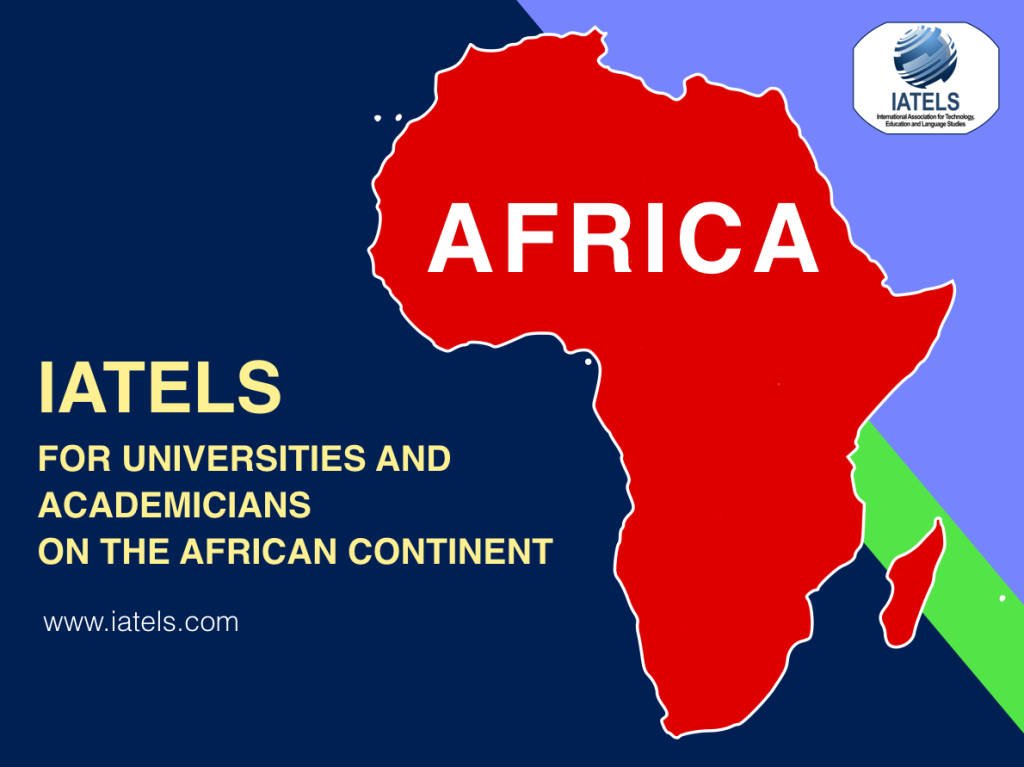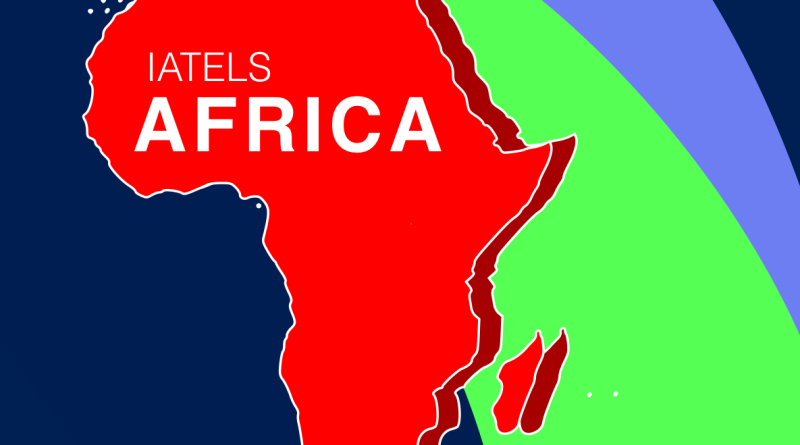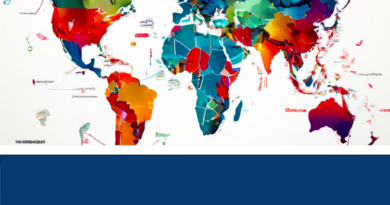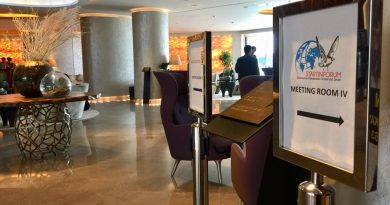IATELS for Academicians and Universities of African Continent
Based on the existing IATELS benefits and considering the specific challenges and opportunities for academicians and universities on the African continent, IATELS have prepared a special for enhancing international collaboration in education and research with involvement of the academicians and institutions from Africa.

Extra Specific Benefits for African Academicians and Universities in IATELS
- Tailored Capacity Building for Research & Publication:
- Grant Writing Workshops: Offer specialized workshops and mentorship programs focused on securing international research grants, addressing the specific challenges African academics face in funding acquisition.
- Research Methodology Training: Provide training in advanced research methodologies, data analysis, and ethical research practices, potentially incorporating case studies relevant to African contexts.
- Joint Publication Initiatives: Actively facilitate and support collaborative research projects and joint publications between African academicians and their international peers within the IATELS network, focusing on impactful, globally relevant topics.
- Enhanced Research Dissemination & Visibility:
- Dedicated African Research Showcase: Create a special section on the IATELS website or within its publications to specifically highlight research, projects, and publications from African academicians and institutions, increasing their global visibility.
- Open Access Publishing Support: Provide enhanced support for African academics to publish their work open access within IATELS journals, overcoming potential financial barriers to wider dissemination.
- Abstract/Summary Translation Services: Offer subsidized or free translation of research abstracts and key findings into major international languages (beyond English, if relevant) to broaden reach.
- Networking for Policy Impact: Facilitate connections between African researchers and international policymakers or NGOs, aiming to translate research findings into actionable policies relevant to the continent’s development.
- Strengthened Academic Mobility & Collaboration:
- Virtual Exchange Programs: Develop structured virtual academic exchange programs or visiting scholar opportunities (even if short-term) within the IATELS network, allowing African academics to collaborate on research, present findings, and gain international exposure without extensive travel costs.
- Mentorship Programs: Establish formal mentorship programs where senior academics from developed countries within IATELS mentor early-career researchers from Africa.
- Inter-African Collaboration: Proactively foster connections and collaborative projects between African universities and researchers within the IATELS framework, strengthening continental academic ties.
- Addressing Technological and Resource Gaps:
- Digital Literacy & E-Learning Support: Offer specialized training and resources for African academicians on leveraging digital tools for research, teaching, and online collaboration, addressing potential infrastructure limitations.
- Access to Digital Resources: Explore partnerships or initiatives to provide African member institutions with discounted or open access to international academic databases and software that might otherwise be cost-prohibitive.
- Culturally Sensitive and Mutually Beneficial Partnerships:
- Equity-Focused Collaborations: Emphasize and actively promote equitable partnerships that prioritize mutual benefit and address potential power imbalances often seen in North-South collaborations.
- African-Centric Content: Encourage and support the development of educational materials and research that reflect and address African contexts, challenges, and solutions, moving beyond purely Western-centric curricula.
By implementing these specific benefits, we hope that IATELS will open more opportunities for international collaboration in education, research and development by establishing invaluable partnerships with African academicians and universities, directly addressing the unique needs and challenges of the African continent while significantly contributing to the global advancement of knowledge.



